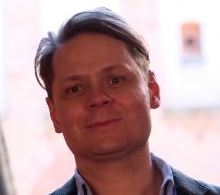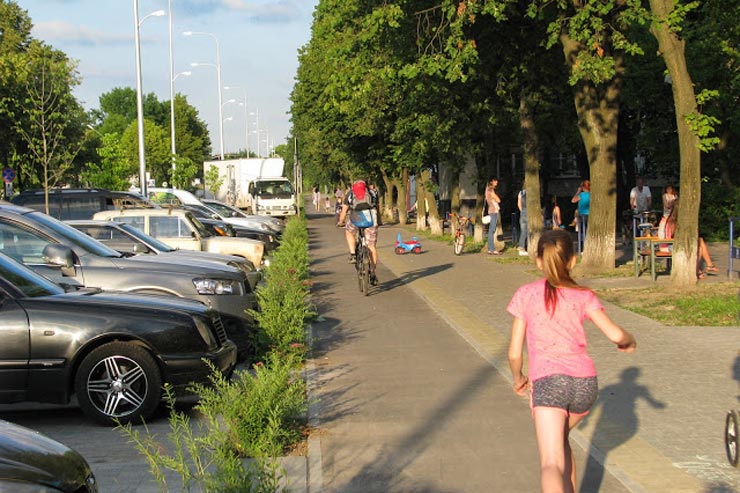Jens teaches social/culturalanthropology at the Institute of European Ethnology at Humboldt-University in Berlin. His current research, "A twice-told story: Europeanization, citymaking and the reshaping of urban infrastructure", considers the change of relations between the three components of the city, such as urban imaginaries, urban materialities and forms of urban conviviality.
His research interests include urban anthropology, political violence, europeanization/cosmopolitization research and public policy. For his most recent book, he conducted fieldwork in Berlin, Ramallah, Jerusalem, Tel Aviv and Sarajevo to study the translocal translation of the German Foreign Office’s policy of "conflict prevention via culture". As part of an editorial team he is currently finalising an anthology that will connect anthropological research on europeanization with postcolonial theory.
During the residency Jens will continue his longer-term preoccupation with processes and constellations of urban development in contemporary Lviv. In particularly he will focus on the nexus between "Europeanization" and "citymaking" – or to put it in another way: How do European resources, networks, narratives and regulations contribute to an ongoing reshaping of urban space and everyday life.
For that purpose he will take up an anthropological understanding of "Europeanization" as the ensemble of processes and projects, in which contemporary Europe – as an ever changing and always contested cultural and political formation – is produced. Anthropologists have traced these processes in very different fields of practice and discourse – tourism, heritage, food production etc. – over the last years. As one contribution to this research stream, Jens will focus on "citymaking" and "urban development" as another such field, in which the dynamics of Europeanization can be analyzed. In this context he will elaborate on an understanding of "citymaking" as a multipolar and incremental process, which involves many actors: authorized decision makers and tram drivers, urban initiatives and protest movements, construction workers and architects.

